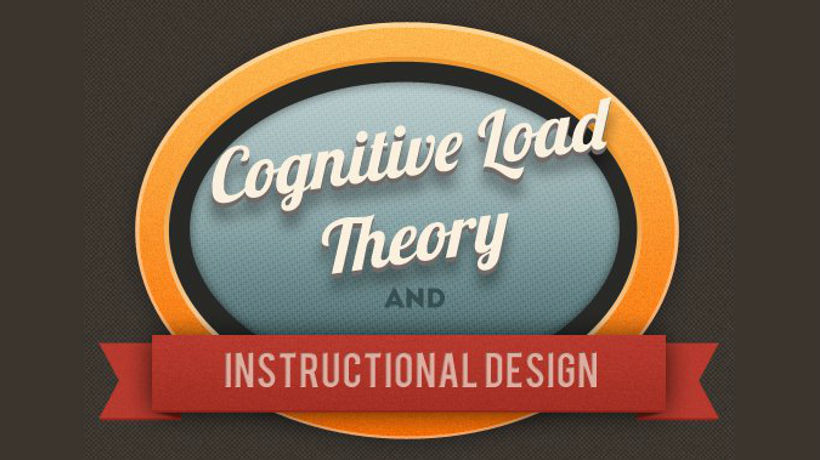Frederic Bartlett's Schema Theory
Who is Frederic Bartlett?
Sir Frederic Charles Bartlett (1886–1969) was a British psychologist, the first professor of experimental psychology at the University of Cambridge, and one of the precursors of cognitive psychology and cognitive science. The schema theory was one of the leading cognitivist learning theories, introduced by Bartlett in 1932 and further developed in the 1970s by Richard Anderson. Bartlett advanced this concept to provide a basis for a temporal alternative to traditional spatial storage theories of memory. Since schema theory evolved, it describes the way knowledge is acquired, processed, and cerebrally organized. It aids in various cognitive processes and additional functions.
The Schema Theory Structure
While exploring the recall of Native American folktales, Bartlett noticed that many recalls were not accurate and involved the replacement of unfamiliar information with facts already known. To categorize this class of memory errors, Bartlett suggested that human beings apparently possess generic knowledge in the form of unconscious mental structures (schemata) and that these structures produce schematized errors in recall when they interact with incoming information. Thus, it is through schemata that old knowledge influences new information. Thereby, schemata (plural of schema) are clinical psychology concepts proposed as a form of mental frameworks for selected chunks of complex prior knowledge, which are then stored in long-term memory.
Let us explore related concepts with an example to gain a deeper understanding of experimental and social psychology. A child developed an understanding of an apple: it is round and red in color. Now, when the child sees a tomato, they directly associate it with an apple. To correct this error, the child is told that this is not an apple but rather a tomato. This will modify their existing schema to fit the tomato's description.
A crucial point to remember is that it is easier to change present schemas and cognitive frameworks during childhood compared to adulthood. This is because schemas become more rigid as individuals age.
The 4 Key Elements Of A Schema
The key elements of a schema are:
- An individual can memorize and use a schema without even realizing that they are doing so.
- Once a schema is developed, it tends to be stable over a long period of time.
- The human mind uses schemata to organize, retrieve, and encode chunks of important information.
- Schemata are accumulated over time and through different experiences.
Schema Theory Supporting Mechanisms
Here are the essential schema theory highlights for how it works:
1. Assimilation
One of the important aspects of schema is the assimilation of new information, fitting it into the pre-existing schemas. This means that the mind filters the new information or experiences through what it already knows.
2. Accommodation
The existing schemas are modified, or new schemas are created, when the information doesn't fit. This is done to accommodate the latest information.
3. Activation Of Prior Knowledge
Schema activation happens via environmental cues and related knowledge. It can be different tasks, images, and contexts, which then shape our attention, memory, and interpretation.
4. Selective Attention
Existing schemas influence what we pay attention to and what we ignore. People are more likely to pay attention to things that fit their current schemas.
5. Inference Making
Schemas fill in the missing information automatically that learners integrate. For example, when you are reading a story, you infer meaning that isn't explicitly stated.
Schema Theory Strengths
Here are the schema theory revisited strengths:
Schemas Allow Us To Think Quickly
Even when the things around us are constantly changing, and we are exposed to new information on a daily basis, people don't need a lot of time to interpret this new information. This is because the schema helps the brain to recognize patterns instantly. So, instead of processing every piece of information from scratch, a schema lets us interpret new information based on what we already know.
Schemas Help Simplify The World
Schemas also make it easier to learn and understand the world around us. It helps organize the complex information into manageable mental categories. Therefore, instead of processing each new detail individually, our brain uses a schema to group similar experiences, objects, and situations together. This allows us to understand what the thing is and how it works quickly.
Schema Theory Limitations
Let us now look at some of the limitations of this cognitive development theory:
Schemas Can Be Complex To Change
Schemas are remarkably difficult to change because people tend to stick to schemas already present, even when faced with contradictory information. Schemas are built from repeated experiences and become deeply engraved in our memories. Once formed, they guide us in how we interpret new information, often causing us to notice things that support our existing beliefs and overlook those that contradict them.
Schemas Influence How We Interpret Information
Schemas are often created automatically or with minimal effort. However, it changes the way we think and interpret new information. For instance, schemas cause us to form prejudices and shape what we notice, ignore, or how we interpret the world. In some cases, it hinders us from seeing the world as it is and absorbing new information.
The Practical Aspect Of Schema Theory
Schema theory emphasizes the importance of generic and existing knowledge that will help the formation of mental representations. In the educational process, the task of teachers would be to help students develop new schemata and establish connections between them, something that will eventually improve their memory. Of course, background information and stored knowledge are vitally important. Schema therapy and theory can be applied in various areas, such as:
- Mathematical problem solving
An educational research showed that 3rd graders taught to use schemata to solve mathematical problems performed better than their peers who were taught to solve them in four steps (read, plan to solve, solve, and check). The use of this scientific theory helped schemas evolve.
- Motor learning
Discrete motor skills are performed in a short period of time and involve the use of our senses to understand what is happening and then of our bodies to take action. Since most movements are unique, our ability to perform a movement class is represented by three things, according to Richard A Schmidt (1974):
-
- a generalized motor program that captures the basic movement form
- a recall schema that provides info about specific situations and intentions
- a recognition schema that allows us to realize a mistake we have made
- Reading comprehension
Schema theory is often employed to facilitate the learning process of a second language, as it typically involves reading numerous texts in the target language. If we fail to create a sufficient number of schemata when reading a text, then reading comprehension and, consequently, mastering another language will become difficult.
Join us at the Instructional Design History Journey
A New Instructional Design Model Will Be Added Every Week! You are more than welcome to let us know, by leaving a comment, if you would like us to cover an instructional design model and theory that is not included in Instructional Design Models and Theories. Last but not least, you are more than welcome to embed the Schema Theory presentation on your site or blog.
References:
- Instructional Technology & Learning Sciences
- Learning Theory: Schema Theory
- Schemata - MIT Encyclopedia of Cognitive Science
- Schema theory and reading comprehension
- Instructional Design Models and Theories: Schema Theory from eLearning Industry







